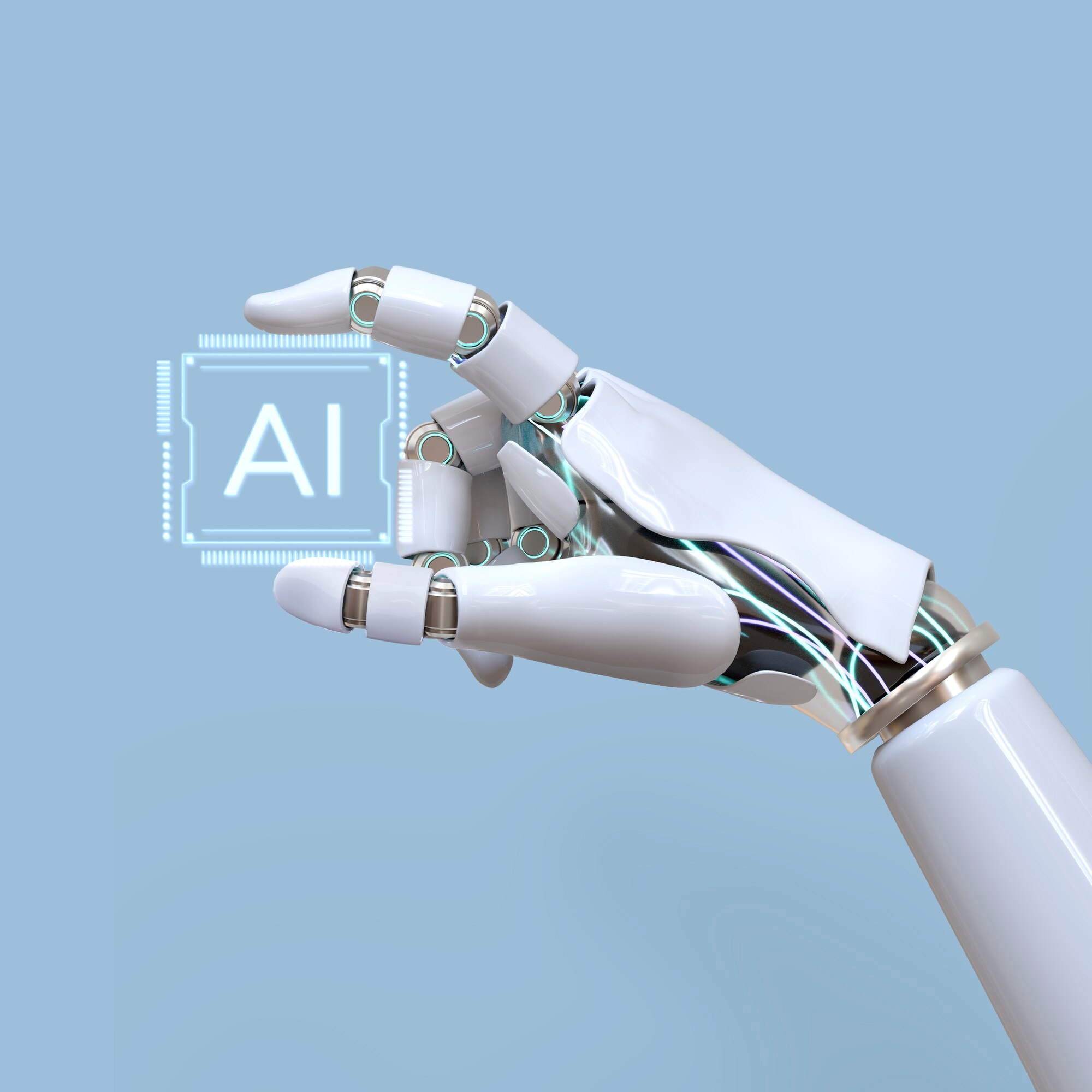Are you interested in expanding your knowledge of Artificial Intelligence (AI)? Maybe you're looking for practical AI solutions to integrate into your business — but you're not sure where to begin, or which learning sources are actually useful for someone without a technical background.
Good news: you're not alone — and you're not too late.
Our team has gathered trusted, beginner-friendly learning resources that will help you understand AI concepts, apply them to real-world scenarios, and even experiment with tools — all without needing to become a data scientist.
Who Are These For?
These sources are perfect if:
- You’re new to AI and want a stress-free introduction
- You’re a business owner or team leader looking to go more data-driven
- You’re curious about automation, machine learning, and smarter decision-making
- You don’t know how to code — and want to keep it that way
Online Courses
We recommend starting with these well-loved courses.
| Platform & Course |
What Makes It Unique |
Coursera – AI for Everyone by Andrew Ng
Best for: Non-technical professionals
|
Not a coding course, but a strategic overview of AI. Andrew Ng explains how AI impacts businesses and how to approach it thoughtfully. Ideal for marketers, executives, and team leads.
|
edX – CS50’s Introduction to AI with Python
Best for: Learners with coding experience
|
From Harvard’s CS50 team, this course teaches foundational AI concepts through real projects. It covers search algorithms, game-playing agents, and neural networks.
|
Udemy – Python for Data Science & ML Bootcamp
Best for: Beginners in tech
|
A practical, project-based course with guided coding lessons. Helps learners build real models using Python. Great for hands-on learners.
|
DeepLearning.AI – Machine Learning Specialization
Best for: Aspiring ML engineers
|
Offers a strong foundation in ML, led by Andrew Ng. It covers theory and implementation with code, plus new micro-courses on trending AI topics like LLMs and MLOps.
|
Uxcel – Psychology of UX & AI
Best for: Designers & product teams
|
Focuses on building intuitive, human-centered AI interfaces. Explains how to apply UX psychology when designing AI-powered products, from onboarding to personalization.
|
Books Worth Reading
Looking for insights you can enjoy at your own pace? These books break down AI concepts through real-world examples, humor, and business strategy.
| Book |
Why It’s Worth Reading |
Artificial Intelligence: A Guide for Thinking Humans
by Melanie Mitchell
|
An accessible, critical look at what AI can (and can’t) do — written in plain language. Great for anyone who wants a realistic view of AI's capabilities without hype.
|
You Look Like a Thing and I Love You
by Janelle Shane
|
A hilarious and insightful introduction to how AI works — through experiments, weird stories, and real-world fails. Perfect for beginners who want to learn without being overwhelmed.
|
Deep Learning
by Ian Goodfellow, Yoshua Bengio & Aaron Courville
|
The gold standard for technical readers. This is a textbook-level resource packed with theory, algorithms, and practical applications — used by universities and professionals alike.
|
Prediction Machines: The Simple Economics of Artificial Intelligence
by Ajay Agrawal, Joshua Gans & Avi Goldfarb
|
Explains AI in economic terms — showing how it affects business models, decisions, and costs. A smart choice for executives and entrepreneurs.
|
Hands-On Practice
If you prefer learning by doing, these platforms let you experiment and explore at your own pace:
💬 Final Thoughts from Our Team
You don’t need to learn everything at once — just start small and stay curious.
We believe learning AI should feel exciting, not intimidating. These tools and resources were handpicked because they make AI feel human, approachable, and practical — just the way it should be.
If you're ready to explore what AI can do for you or your business, these are the best first steps.




.avif)
